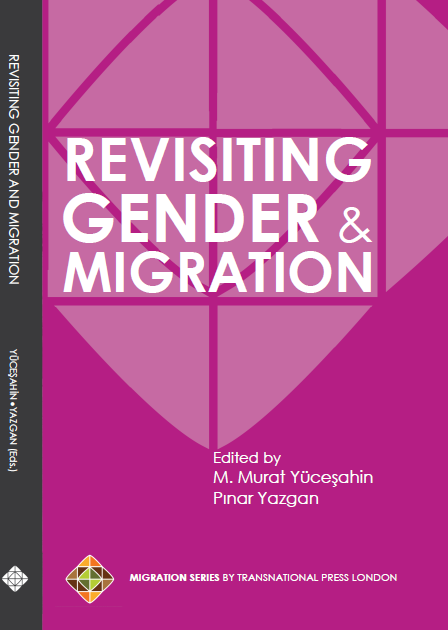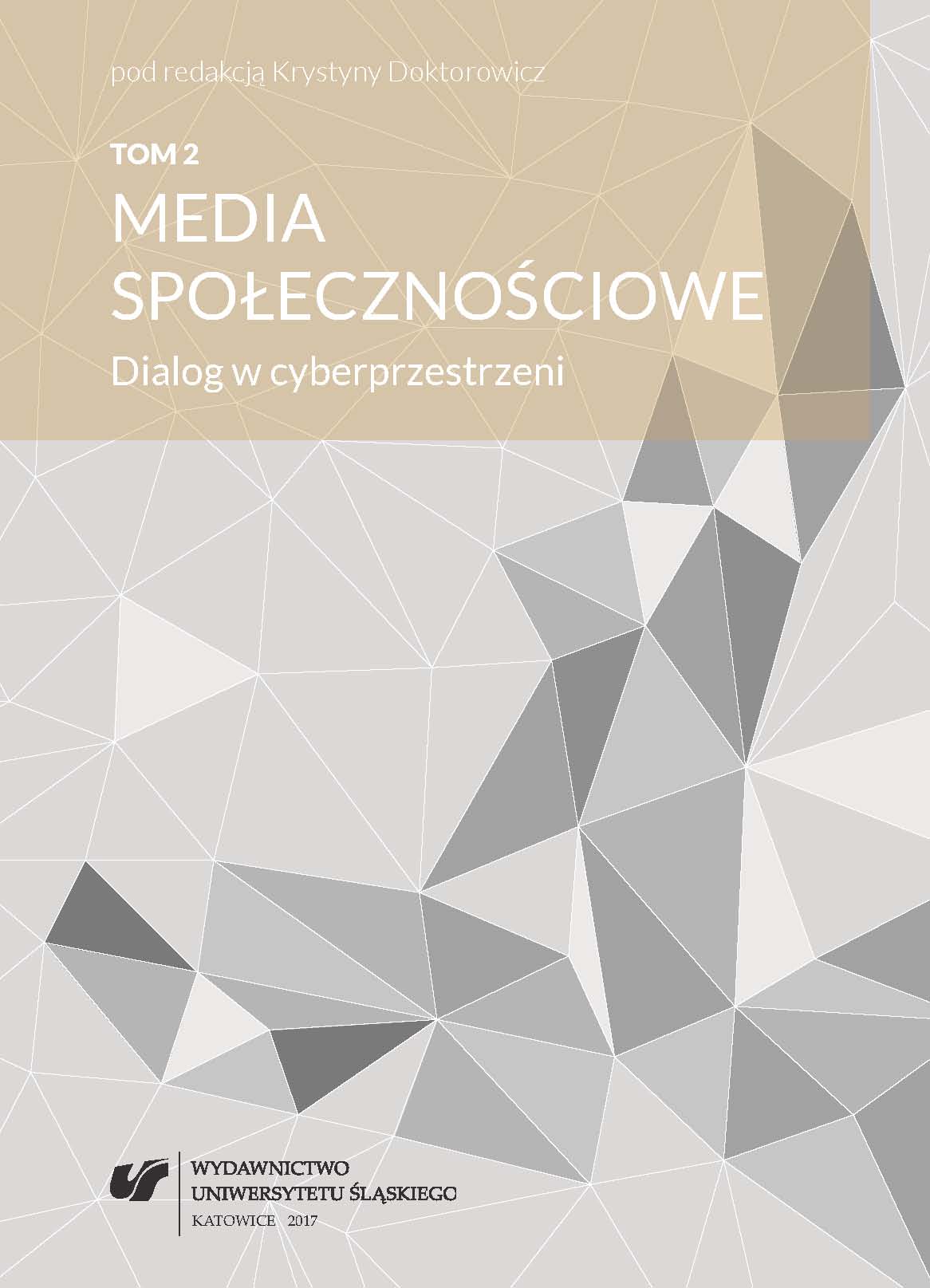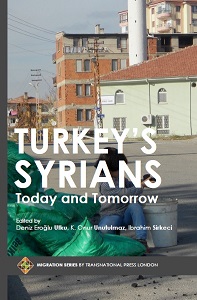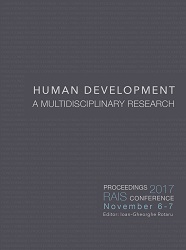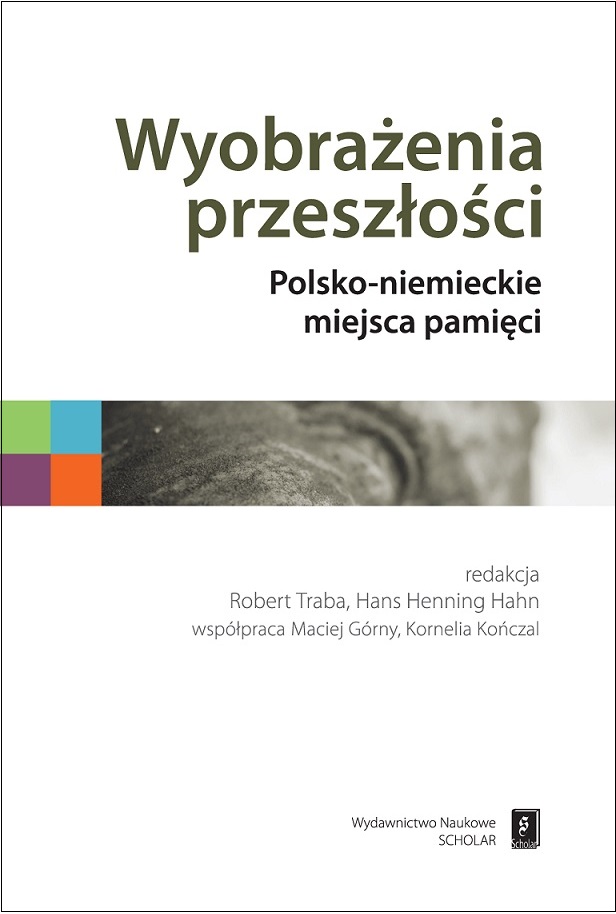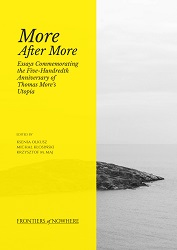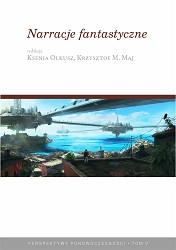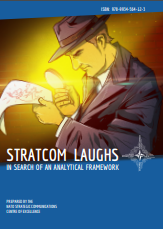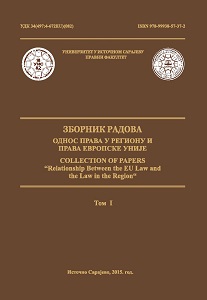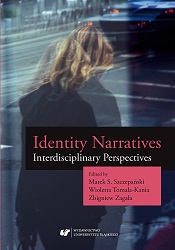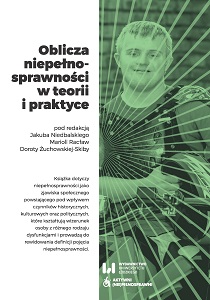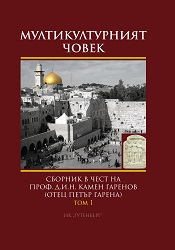
Балканские очерки
The text is related to the consideration of the anecdote in the Balkans, more specifically with the subject of nationalism, the "own" and the "alien" in the relations between Balkan people. The text itself is a rife with varied anecdotes in the capacity of the quintessence of political, public and everyday Balkan life in all its variety.
More...
